|
As we wrap up the first year of Protect The 1st, this is a good time to revisit the amendment we are dedicated to guarding and extending. The desire to improve (or fiddle) with the Constitution is today shared by many groups, left and right, as well as by many judges. But what would you do if you could just rewrite it?
The Boston Globe recently commemorated the 230th anniversary of the ratification of the Bill of Rights with a special section, which “asked legal experts, advocates, journalists, and members of the next generation what changes they’d make to the Constitution if they could.” Mary Anne Franks, a former Rhodes Scholar and University of Miami law professor, argues that the First and Second Amendments are flawed because they are “highly susceptible to being read in isolation from the Constitution as a whole and from its commitments to equality and the collective good.” Further, she writes, these amendments “tend to be interpreted in aggressively individualistic ways that ignore the reality of conflict among competing rights. This in turn allows the most powerful members of society to reap the benefits of these constitutional rights at the expense of vulnerable groups.” Franks explains that perhaps Congress should enact a new First Amendment along these lines: Every person has the right to freedom of expression, association, peaceful assembly, and petition of the government for redress of grievances, consistent with the rights of others to the same and subject to responsibility for abuses. All conflicts of such rights shall be resolved in accordance with the principle of equality and dignity of all persons. Both the freedom of religion and the freedom from religion shall be respected by the government. The government may not single out any religion for interference or endorsement, nor may it force any person to accept or adhere to any religious belief or practice. The actual First Amendment simply says: Congress shall make no law respecting an establishment of religion, or prohibiting the free exercise thereof; or abridging the freedom of speech, or of the press; or the right of the people peaceably to assemble, and to petition the Government for a redress of grievances. As to Franks’ elaboration on religion, the current language achieves her goal of freedom of religion (and from religion) with an economy of words. That’s the terse, elegant power of our Constitution. The Founders’ understood that centuries of lawyering, if given sufficient verbal hooks, would be apt to erode even the most clearly enunciated rights. With similar logic, the First Amendment protects the occasional bigot, yes, but it also ensures that powerful organizations and groups cannot shut up men and women of conscience who criticize them. The First Amendment as it is also defends speakers against being prosecuted for violating vague values like someone’s “dignity,” a qualifier that Franks would balance against your right to speak. Who gets to decide what erodes whose dignity? Agree with Franks’ rewrite, and you’re well on your way to arresting the likes of Lenny Bruce and Robin Williams, if not Mark Twain. Finally, why did she excise freedom of the press? Perhaps Franks did this because, in an era of blogging, we’re all part of the media now. Protect The 1st holds to the notion that having a specific, designated recognition of the press is essential to protecting the right to investigate, criticize and humble the powerful. It is the First Amendment’s focused, economy of words that prompted British Prime Minister William Ewart Gladstone to describe the U.S. Constitution – still the oldest written constitution in effect today – as “the most wonderful work every struck off at a given time by the brain and purpose of man.” These are forty-five words for all seasons and all ages. A federal court in Richmond will soon hear arguments in a lawsuit filed by a news organization against the Commonwealth of Virginia for its policy of blacking out court records for public access over the internet.
Virginia law only allows remote access to court documents to attorneys and their staff. One reporter, Brad Kutner – who works for the plaintiff in this case, Courthouse News Service – drives to multiple cities each day to visit state courts just for access to the latest filings from public terminals. For a comprehensive review of the day’s court filing, a journalist would have to drive 485 miles, visiting 120 courts from Virginia Beach in the south to Lee County in the state’s western tip. Virginia’s attorney general’s office argues that it has “a legitimate state interest in protecting court records from the ease of exploitation that a limitless internet database would provide.” The AG’s office left unclear how “limitless” access could “exploit” court records, and why this is not a problem for the majority of states that post court documents online. Courthouse News Service alleges the law discriminates against the press and violates free speech under the First and 14th Amendments. It would not be smart to bet against this media organization. In November, it won $2.4 million in attorneys’ fees in a case against clerks in Norfolk and Prince William, who had been holding back access to new civil complaints while they indexed and scanned them. In that case, U.S. District Judge Henry Coke Morgan Jr. ruled against the clerks on First Amendment grounds. During the trial, he compared fresh news to “fresh bread.” Not only are the First Amendment rights of journalists violated by forcing them to, in the judge’s words, sell “stale bread,” but as Brad Kutner adds, “it keeps the public out of the loop as well.” Jana Winter, investigative correspondent of Yahoo News, recently wrote a must-read piece about a secretive unit within Customs and Border Protection (CBP).
Winter reviewed a 500-plus page inspector general report on this unit which, she reports, “had few rules and routinely used the country’s most sensitive databases to obtain the travel records and financial and personal information of journalists, government officials, congressional members and their staff, NGO workers and others.” Furthermore, Winter reports that “as many as 20 journalists were investigated” as part of the wide-ranging and apparently rogue operations of this unit. These activities eventually led to referrals of officials in this CBP unit for criminal prosecution. None were charged. One agent in this unit, Jeffrey Rambo, interacted with a journalist, Ali Watkins, who was involved with James Wolfe, the long-time Security Director of the U.S. Senate Select Committee on Intelligence. Wolfe was later fired and sentenced to two months in prison for lying to the FBI in an investigation of intelligence leaks regarding Watkins. From the account, it appears that Rambo’s digging may have alerted the FBI to this potential leak from the Senate Committee. But Winter’s account also shows this CBP unit casted a wider net that included not only Watkins, but also journalists with the Associated Press, The New York Times, as well as Huffington Post founder Arianna Huffington. Winter’s story portrays Rambo as trying to “recruit” a journalist for a “PsyOp” operation. As thorough as Winter’s account is, it leaves us with many unanswered questions ripe for a Congressional hearing.
A comical thread runs throughout Winter’s report. For all of Rambo’s attempts to play the role of an anonymous spy with Ali Watkins in a furtive, late-night meeting at a bar, Watkins easily defeated his attempts at anonymity by returning to the bar to ask a bartender for Rambo’s credit card receipt. We have seen elsewhere how small and marginal centers in the government attempt to play spy games in the style of a John Le Carré novel, only to come closer to resembling the ludicrous characters in the movie, “Burn After Reading.” But the report has too many disturbing implications for the First Amendment to evade Congressional scrutiny. Federal Election Commission v. Ted Cruz for Senate Protect the First Foundation filed an amicus brief in a case that challenges a restriction on the ability of campaign committees to repay funds a candidate loans to his own campaign.
The case involves Section 304 of the Bipartisan Campaign Reform Act, which imposes a $250,000 limit on the repayment of such loans using funds contributed after the election. Sen. Ted Cruz of Texas loaned $260,000 from his personal bank accounts and margin loans to his committee to finance his re-election. After the election, the Cruz campaign used pre-election contributions to repay other creditors before repaying Sen. Cruz himself. When the campaign began repaying Sen. Cruz the month after the election, the loan-repayment limit prevented the campaign from repaying $10,000 of Cruz’s personal loans. PT1st supports Sen. Cruz’s position because it involves Americans’ most fundamental rights to run for office and to pay for political speech. PT1st’s amicus brief demonstrated to the Court that: “The loan repayment limit is nothing more than political protectionism, passed by well-heeled and well-connected politicians with massive war chests that insulate them from the threat of a challenger.” PT1st noted that all candidates need access to funding early in a campaign to establish their place in the race, but early spending is particularly important for challengers. Candidates of modest means often must rely on their own resources to be competitive. The practical effect of the loan repayment limit is to deter candidates of limited means from spending money in advance of raising funds. Thus, “the loan repayment limit provides an advantage to incumbents at the expense of challengers, particularly challengers of limited means.” For all these reasons, PT1st wrote to the Court that Section 304 imposes an unconstitutional burden on free speech. An investigative piece by The New York Times today reveals that the FBI stationed undercover agents to infiltrate the protest movement in Portland, Oregon, and other cities. Begun in the violent aftermath of the protests and violence in Portland after the murder of George Floyd in Minneapolis, the operation continued past the inauguration of President Joe Biden.
The Times piece is notable for setting out the complex issues involved in this operation. On one hand, Portland protesters had started fires, smashed windows and threatened a federal courthouse. One protester attacked a federal officer with a hammer. On the other hand, positioning the eyes and ears of the government inside a protest movement weakens the First Amendment rights of the peaceful. According to The New York Times, some in the Department of Justice and FBI worried that the practice could easily slip into the COINTELPRO practices of a previous era, when the federal government routinely and widely surveilled political dissenters. That internal debate – and The Times’ thorough reporting of it – is a healthy sign. So is continuing vigilance by civil liberties advocates. Prosecutors have a hard job. They deserve a lot of leeway and public understanding that their actions are going to be continually second-guessed and criticized. But they are not perfect. As public officials, complaints against them should not be hidden from the public. And prosecutors should not be able to squelch the free speech rights of those who file formal grievances against them.
But that is exactly what the law allows in New York and many other states. A group of law professors demonstrated this by filing formal grievances against 21 prosecutors in Queens. These filings involved prosecutors who were found by appeals courts to be guilty of misconduct, ranging from lying in court to withholding key evidence from the defense. Now the corporation counsel, New York City’s top attorney, is warning the professors they will face some unspecified punishment for violating a state law that shields formal complaints against prosecutors from public scrutiny. The corporation counsel is also denying these professors access to updates on their complaints. In a splendid piece of eloquent outrage, the editorial board of The New York Times wrote: For good measure, the corporation counsel then sought to keep secret the letter requesting the professors be punished for violating the secrecy law. This isn’t just shooting the messenger; it’s tossing the gun into the East River and threatening anyone who tries to fish it out. We doubt that these law professors are quaking in their boots. But imagine the impact such a threat has on someone with limited resources who lacks the prestige and power of a law professor. That person, whether a convicted person’s spouse or parent, may well think twice before exercising her First Amendment rights. This lack of transparency, moreover, is not unique to New York. At the federal level, while most of the Department of Justice (DOJ), FBI and Drug Enforcement Administration officials are subject to review of their actions by an inspector general, there is a carve out for federal prosecutors. Their actions are reviewed by the Office of Professional Responsibility which, The Times reports, “almost never makes its findings public.” Thankfully, a bipartisan bill co-sponsored by Sen. Dick Durbin (R-Ill) and Sen. Mike Lee (R-UT) would empower the DOJ inspector general to review claims against federal prosecutors, just as that office does for other DOJ employees. Officials who have the power to put people in prison or on death row should not enjoy secret protections. In New York, they especially should not be able to threaten the First Amendment rights of those who want to speak about their complaints. We will continue to monitor the progress of The Bipartisan Inspector General Access Act. In the meantime, we hope that New York’s corporation counsel will recognize that such threats are repugnant to the First Amendment. Journalists and defenders of the First Amendment have reason to applaud the decision of Judge Analisa Torres, who granted a request by Project Veritas that a special master be appointed to review confidential, journalistic materials seized by the FBI in a dawn raid last month.
In an apparent desire to determine who gave O’Keefe access to the stolen diary of President Biden’s daughter, the FBI seized O’Keefe’s cell phone and those of two of his colleagues. Groups ranging from the American Civil Liberties Union to the media columnist of The New York Times – not philosophically aligned with the conservative activists in Project Veritas and its leader, James O’Keefe – have questioned the invasive tactics of the Department of Justice and FBI. The contents of a cell phone, as the U.S. Supreme Court has noted, reveals the private information of its owner – and compromises any source a journalist has been in contact with. O’Keefe said that “on my phone were many of my reporters’ notes, a lot of my sources unrelated to this story and a lot of confidential donor information to our news organization.” Protect The 1st applauds Judge Torres’s decision. O’Keefe never published the contents of the diary and says he had reported it to law enforcement. If this violation of O’Keefe’s digital life is allowed to stand, no media organization will be safe from battering rams and digital confiscations. This is a welcome step, but it is a first step. Attorney General Merrick Garland, who in July enacted policies to restrain federal investigators from seizing reporters’ records, should reinforce his policies with his department. Attorney General Garland wrote: “The United States has, of course, an important national interest in protecting national security information against unauthorized disclosure. But a balancing test may fail to properly weight the important national interest in protecting journalists from compelled disclosure of information revealing their sources, sources they need to apprise the American people of the workings of their government.” Clearly, Attorney General Garland needs to make it clear to his subordinates that his memo was not a suggestion. The Supreme Court heard oral argument in Carson v. Makin this morning. During the argument, Michael Bindas, the lead attorney for a group of Maine parents, batted back one hard question after another.
What is this case about? Maine refuses to allow parents who qualify for tuition assistance programs to use their funds to send their children to religious schools that meet state education certification standards if they also impart religious teachings and hold religious activities. So a parent could theoretically accept funding for a “Catholic” school, provided it is Catholic in name only. Even one Bible class or the administration of communion to its students would render a school ineligible to participate in the program. This case asks whether that system violates the Religion Clauses of the First Amendment. Earlier this year, Protect the 1st argued that it did. Several Justices asked whether, if petitioners won, it would amount to a state subsidy of religious schools. Bindas noted that the money only goes to parents, who then decide where they send their children. Justice Clarence Thomas added later that Maine – like all states – makes school attendance compulsory, and that in some rural areas the only option is a religious school. When asked whether Maine would fund a school that teaches in science class that evolution is a lie, Bindas replied that religious schools must meet Maine’s standards of education – and that the Maine Legislature can require the teaching of evolution in science classes. When he was asked whether these schools discriminate against students on the basis of gender, sexuality or race, Bindas replied that all religious schools practice “inclusion and diversity through the lens of faith.” Such difficult questions took up a lot of time at the argument. What about the First Amendment, which forbids the establishment of a religion? Wouldn’t state funds to these schools constitute a violation of the Establishment Clause? No. Bindas told the Justices that the real affront to the Constitution is allowing a regulator in Augusta, Maine, to review schools’ curriculum and decide if a school is “sufficiently irreligious or too religious.” We agree. Maine’s decision to deny access to public funding based on that school’s religious beliefs, according to the sensibilities of a regulator, violates the Constitution. Based on how the Justices reacted to the arguments made today, we believe the Court will invalidate Maine’s discriminatory system. If they do, it will be a significant win for religious liberty. |
Archives
June 2024
Categories
All
|
ABOUT |
ISSUES |
TAKE ACTION |


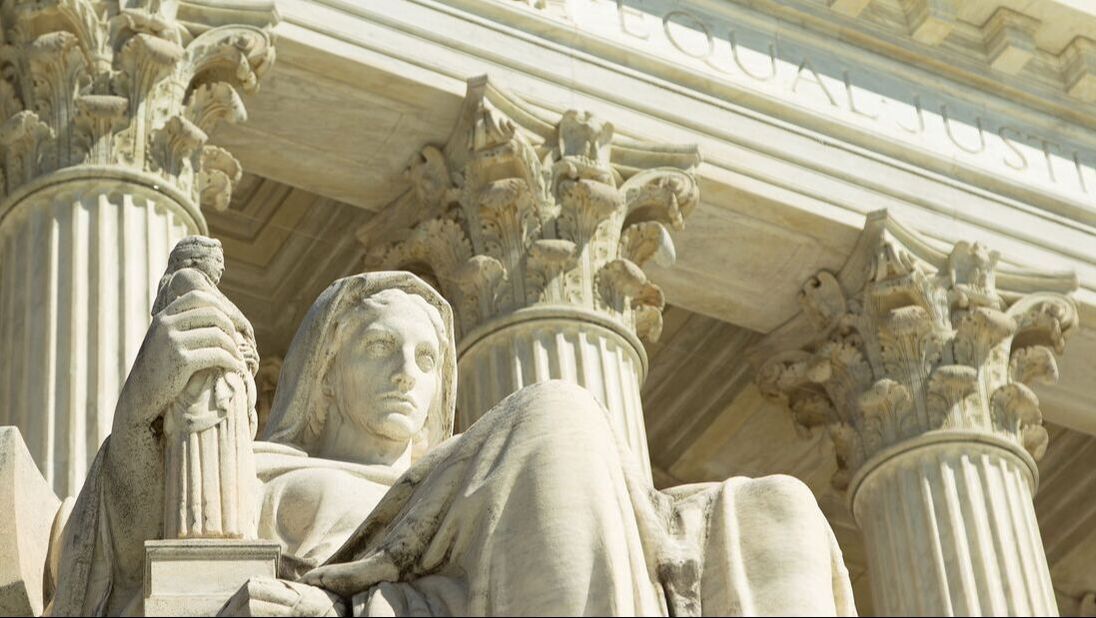
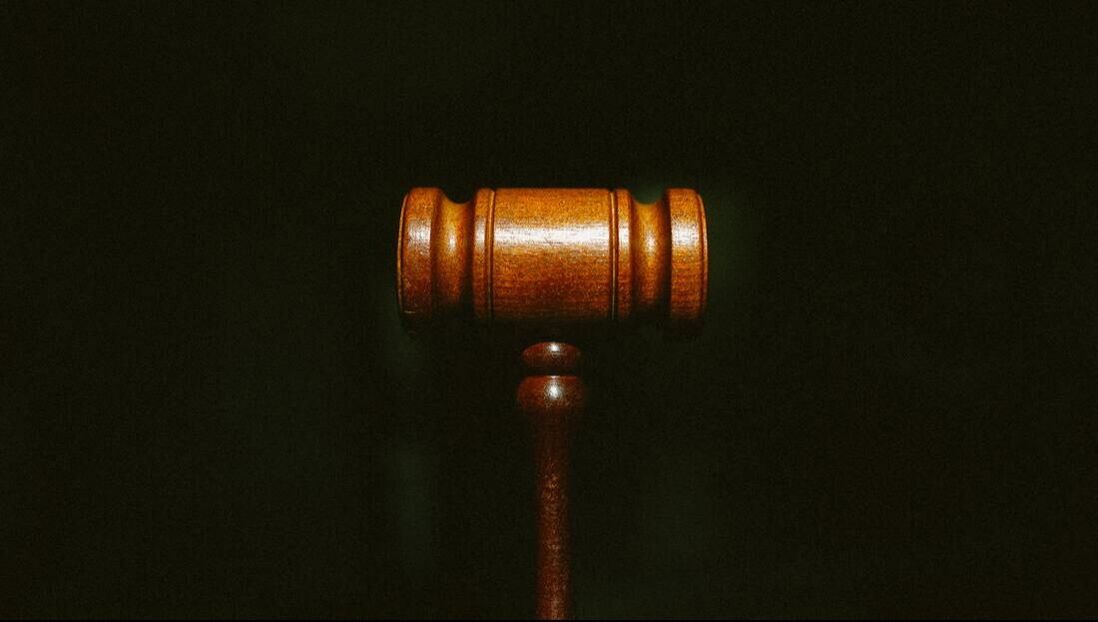

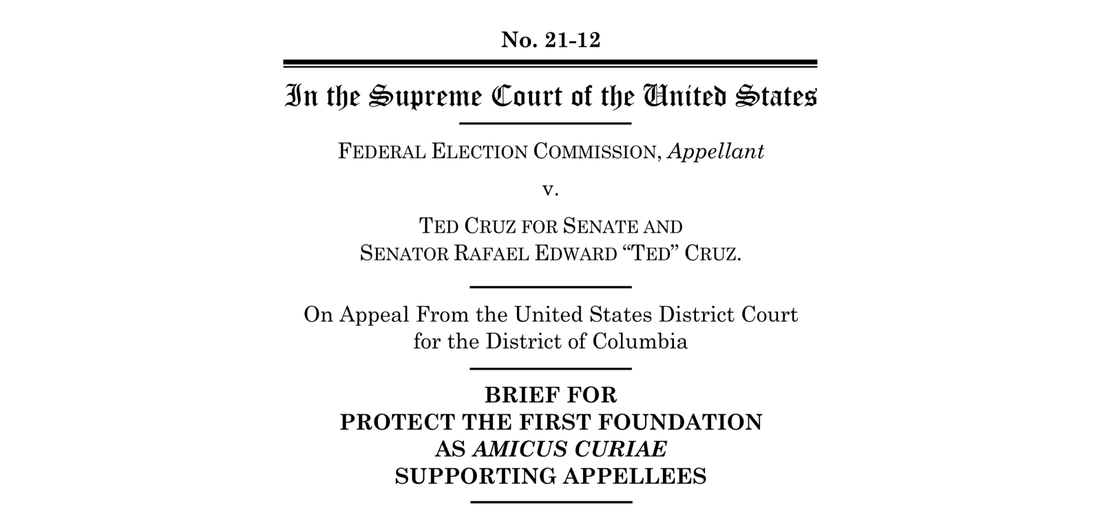
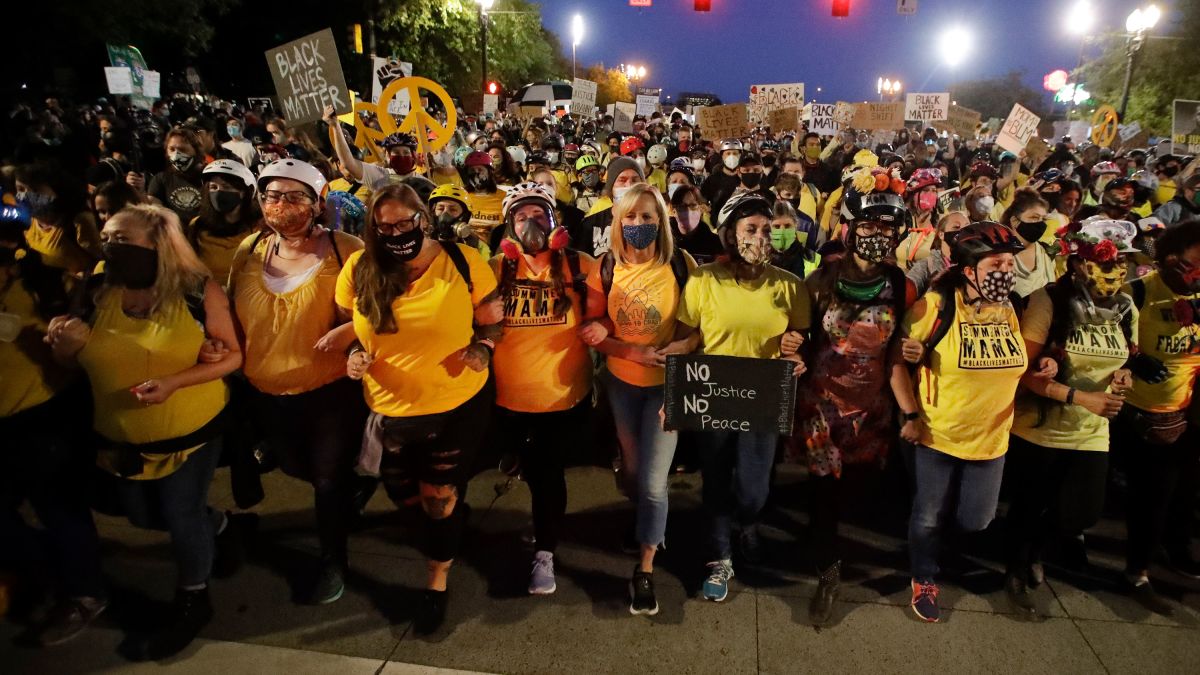
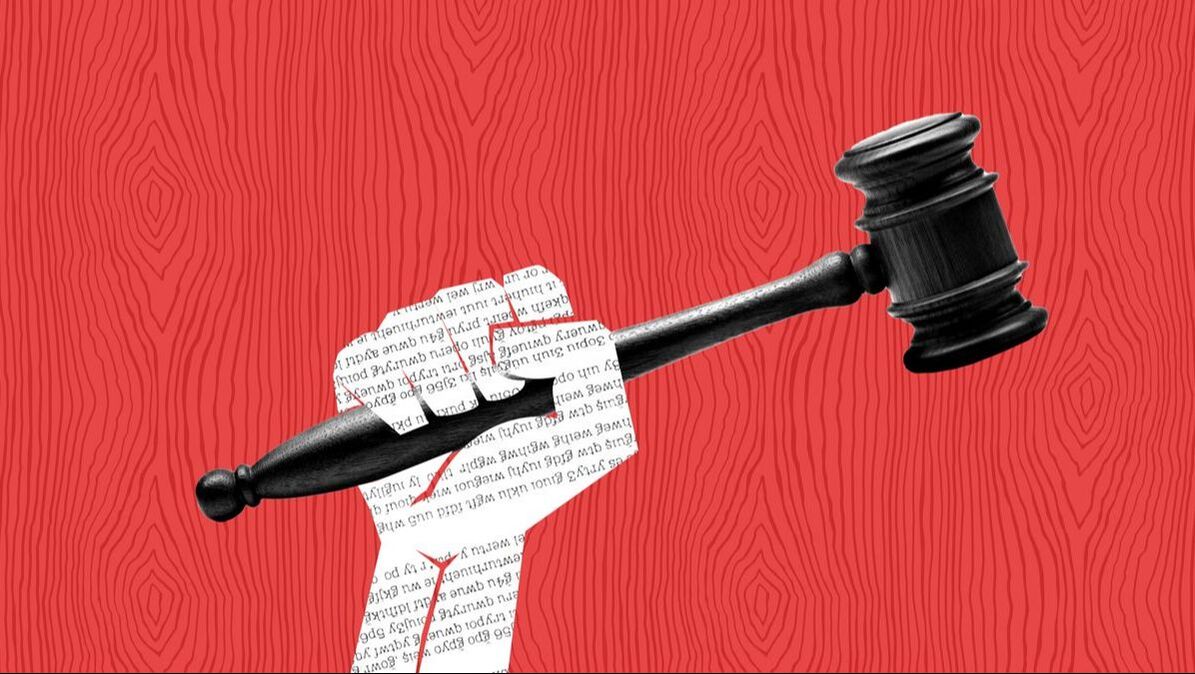
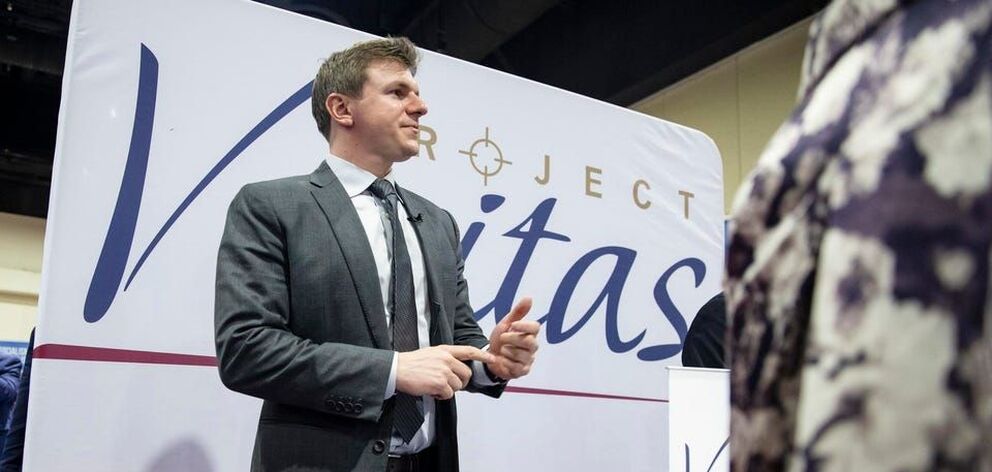
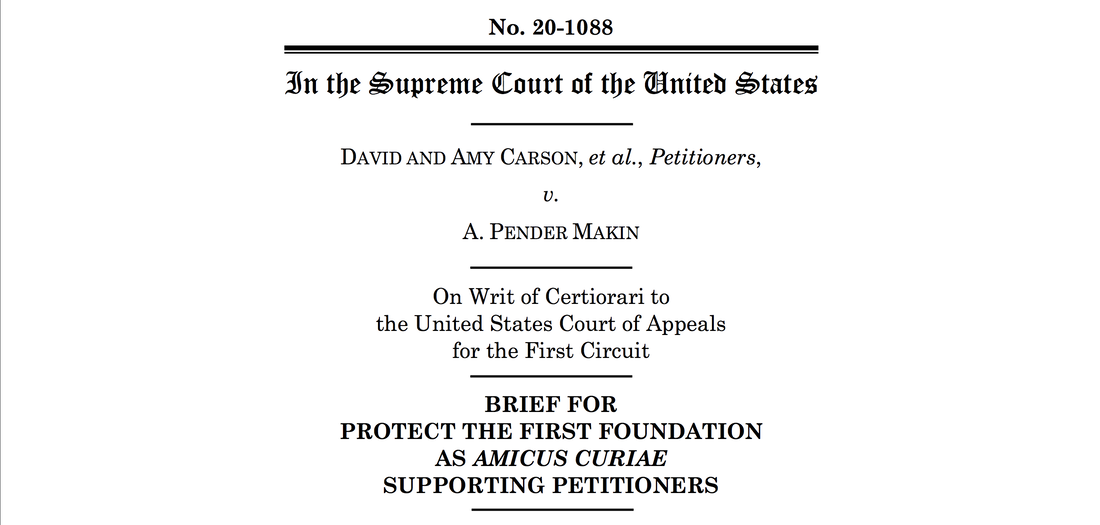
 RSS Feed
RSS Feed